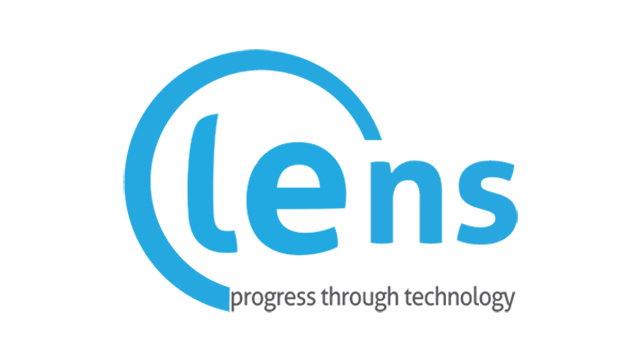Elections are considered as a very important aspect of democracy and the implementation of such processes in a free and fair way is an essential human right as well.
There are several international standards which set the principles and basis for holding elections and which treat this issue with regard to human rights as well. The key electoral principles they present are: universal, equal, fair, secret, free, transparent, and accountable.
This research was conducted with the aim of reviewing various aspects of the implementation of elections with regard to the human rights in the digital age and how they fit and interact in the current electoral environment in Kosovo. More specifically, the research aims to learn about the violations of human rights in two aspects of the voters’ rights: the right to vote in secret and privacy rights during the voters’ data processing in an election process. The research also aims to present the actual electoral process and identify issues and concerns with regards to the violation of human rights in these two aspects and how these issues can be addressed.
The report provides a comprehensive review of electoral framework, in particular the laws, rules, and other relevant legal acts which regulate the entire election process. This legislation was analyzed to establish: 1) whether the legal infrastructure ensures adequate mechanisms to safeguard the secrecy of voting and protection of personal data; 2) implementation of laws; and 3) what can be done to improve the situation in the future. Moreover, the responsible institutions, international agencies, and various experts have been interviewed on how have the electoral activities been implemented so far, what violations and abnormalities have occurred, what measures have been taken to improve these deficiencies and were any concrete proposals for amendments given for the future.
This report’s findings show that Kosovo legislation provides sufficient legal instruments to ensure that voters can exercise their right by casting a secret ballot. However, they also reveal that legal measures are not sufficient means to preserve the secret voting and additional measures should be considered.
The other aspect of analysis was the processing of personal data. Organization and implementation of an electoral process in Kosovo entails a number of activities which require collection, processing, verification and usage of personal data in order to create conditions for voters to cast their vote on Election Day. These activities are carried out by the election management bodies. Notwithstanding, they require coordination and interactions with other relevant actors. This broad range of collaborators and the work done by each of them makes the process quite complex given that relevant voter data, including personal ones, will be available to the relevant bodies depending on the nature of their responsibility.
